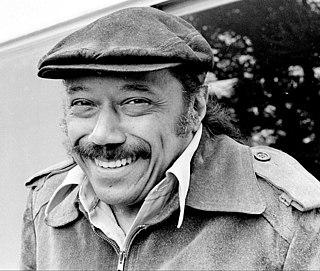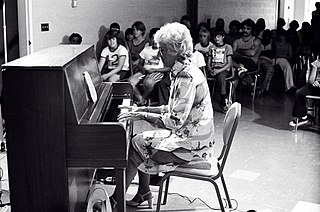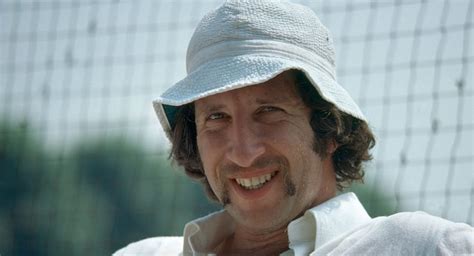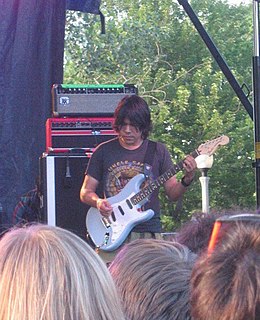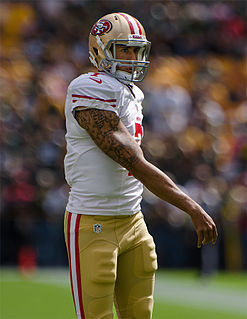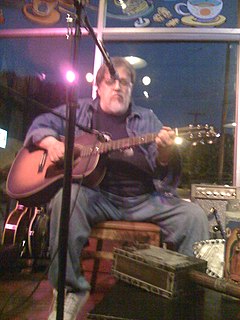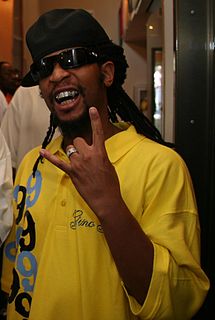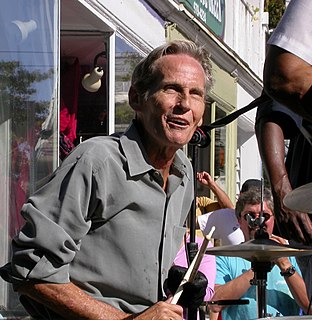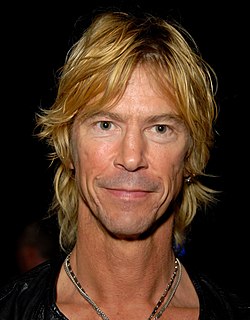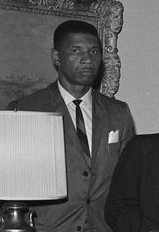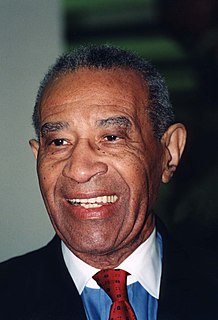A Quote by Horace Silver
I had the house rhythm section at a club called the Sundown in Hartford. Stan Getz came up and played with us.
Related Quotes
I was able to go over [Saxophone Competition] and work a little more in Europe. I'm thankful that those of kinds of things. Simultaneously, some nice things did come in. I got a nice festival that came in, in Virginia through that. There was a club that opened in DC in the famous Willard Hotel near the White House. And the club was called The Nest. I played there a few nights. Some musicians in Philly and D.C. kind of brought me down and got me on a couple things. So things opened up a little bit.
There are five of us. We've all played in various bands together, in different combinations. I know that Todd [Cook] and Tony [Bailey] are my favorite rhythm section - they're just like a unit. I guess we've all just played together in various capacities, so when the band was coming together, it was sort of like we just chose members because they had similar sensibilities and also because they're just cool. We all got along real well.
I've had times where one of my roommates was moving out of the house in college, and because we were the only black people in that neighborhood, the cops got called, and we had guns drawn on us. Came in the house, without knocking, guns drawn on my teammates and roommates. So I have experienced this.
The six of us gathered at my house, and we walked to the polls. I'll never forget it. Not a Negro was on the streets, and when we got to the courthouse, the clerk said he wanted to talk with us. When we got into his office, some 15 or 20 armed white men surged in behind us - men I had grown up with, had played with.
I was actually the head of the violin after-school club. And then I was also the head of the dance club, the popping club. So one day, just by coincidence, we had to hold the two clubs at the same time. I had to go back and forth. And that's when the idea came up for dancing and playing violin at the same time.
